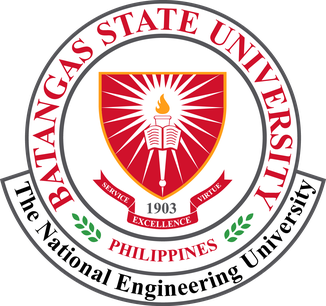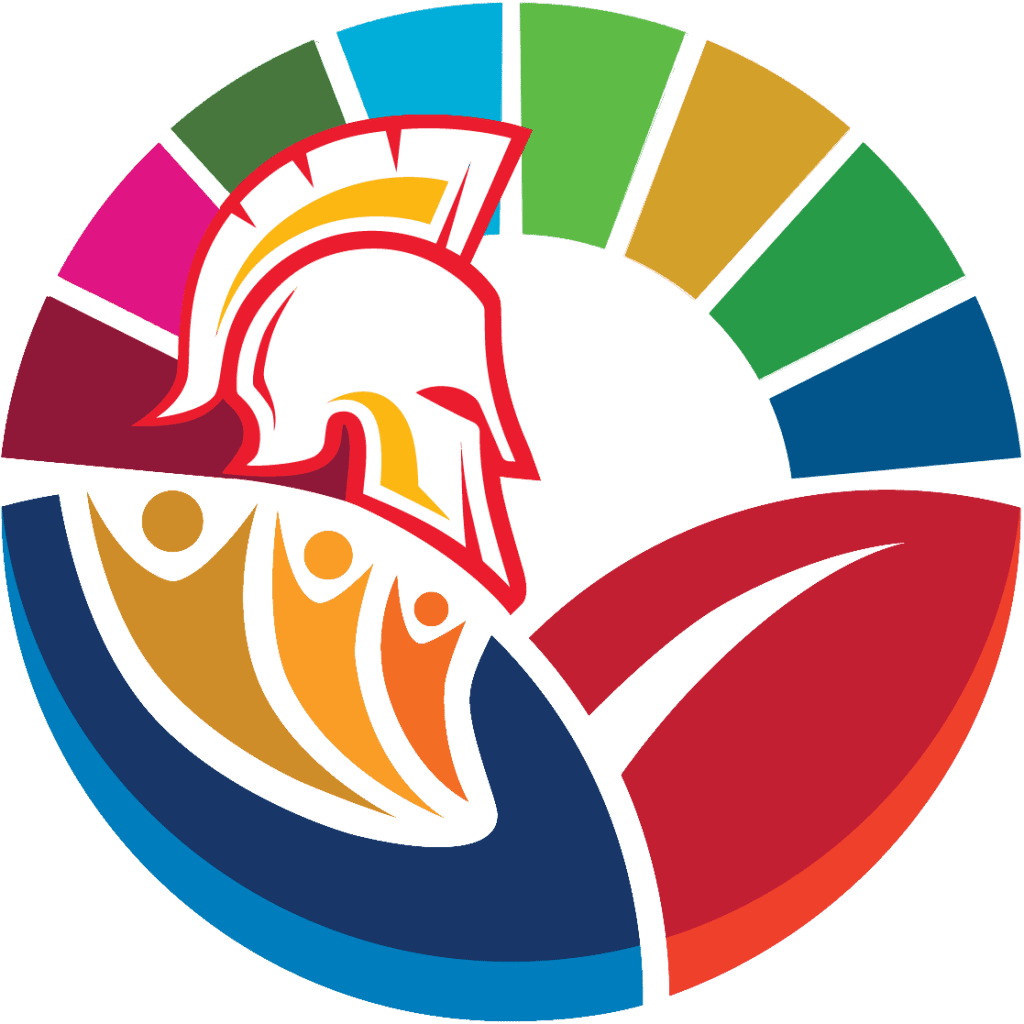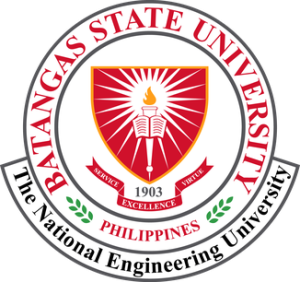A control system architecture design for an underwater ROV, primarily Class I – Pure Observation underwater ROV is presented in this paper. A non-linear plant model was designed using SolidWorks 3D modeling tool and is imported to MATLAB as a 3D model. The non-linear modeled plant is linearized using the MATLAB linear analysis toolbox to...
Category: Research
Some Parameters of the Central Graphs of the Identity Graphs of Finite Cyclic Groups
The interplay of groups and graphs has been a subject of interest by mathematics researchers nowadays. One particular instance is the identity graph of a group introduced by Kandasamy [5]. Moreover, the concept of a central graph of any graph is widely used by many graph theorists. The central graph of a graph G denoted...
The Effects of Drying Methods on the Physico-chemical Properties and Antioxidant Activity of Bilimbi (Averrhoa bilimbi)
Bilimbi (Averrhoa bilimbi) is an underutilized fruit usually grown in tropical countries and is widely added as souring agent in many Filipino dishes. However, it is undervalued and its utilization is limited due to short shelf life. Drying is one of the more popular and cheapest means of prolonging its storage life. This study aimed...
Exploring the concept of pedagogical resilience during the COVID-19 pandemic: Teachers’ perspectives from Thailand and the Philippines
This brief research report aimed to explore the concept of pedagogical resilience and how teachers in Thailand and the Philippines build resilience in pedagogy during the COVID-19 pandemic. Employing the qualitative research design, the data were obtained from the focus group discussion (FGD) and semi-structured interviews with 12 teachers, 8 of whom were from 1...
A 16-nm FinFET 28.8-mW 800-MHz 8-Bit All-N-Transistor Logic Carry Look-Ahead Adder
Low-power and high-speed calculation is very important nowadays for energy-efficient demand of electronic devices. With the usage of ANT (All-N-transistor) logic, the speed constraint caused by PMOS transistors can be overcome through an auxiliary current path across NMOS transistors. This study presents a 800-MHz 28.8-mW 8-bit carry look-ahead adder (CLA) using ANT logic implemented on...
An overview of remote monitoring methods in biodiversity conservation
Conservation of biodiversity is critical for the coexistence of humans and the sustenance of other living organisms within the ecosystem. Identification and prioritization of specific regions to be conserved are impossible without proper information about the sites. Advanced monitoring agencies like the Intergovernmental Science-Policy Platform on Biodiversity and Ecosystem Services (IPBES) had accredited that the...
Optimization of Microwave-Assisted Extraction of Phenolic Compounds from Eleusine Indica using response Surface Methodology
Eleusine indica belongs to the Pocaceae family and is abundantly found in many tropical countries. Because of its anti-malarial, ntioxidant, anti-viral, and antidiabetic properties, among many others, studies are being aimed on developing time and costeffective methods that could efficiently extract its active components. This study focused on the optimization of the microwaveassisted extraction (MAE)...
Development of a TPACK-Based Professional Development Framework for the New Normal in Education
The role of technology in the delivery of education in this time of pandemic help teachers in the delivery of lessons and student learning. This study examined the competence on online technological pedagogical content knowledge (TPACK) of a sample of faculty members and their online teaching attitude and ability and develop a professional development framework...
ASEAN identity in higher education through literary pedagogy perceived by teaching personnel at universities in Southern Tagalog Region, the Philippines
As regionalism has become a prime interest within the Asia Pacific, participating member states of the Association of Southeast Asian Nations (ASEAN) aspire to consolidate unity despite cultural diversity through forging an ASEAN identity. Institutions of higher learning are expected to explore educational innovations and curriculum reforms to facilitate the regional identity formation. Hence, this...
Teaching English online in higher education: Understanding the social climate of online academic English courses
This study examined the social climate of fully synchronous online English classrooms and its effects on students’ learning outcomes in a mixed-methods design, engaging 196 first-year non-English major students experiencing their first fully synchronous online English classes on Zoom in one academic term (12 weeks), taught by foreign lecturers. The results reveal a very positive...




